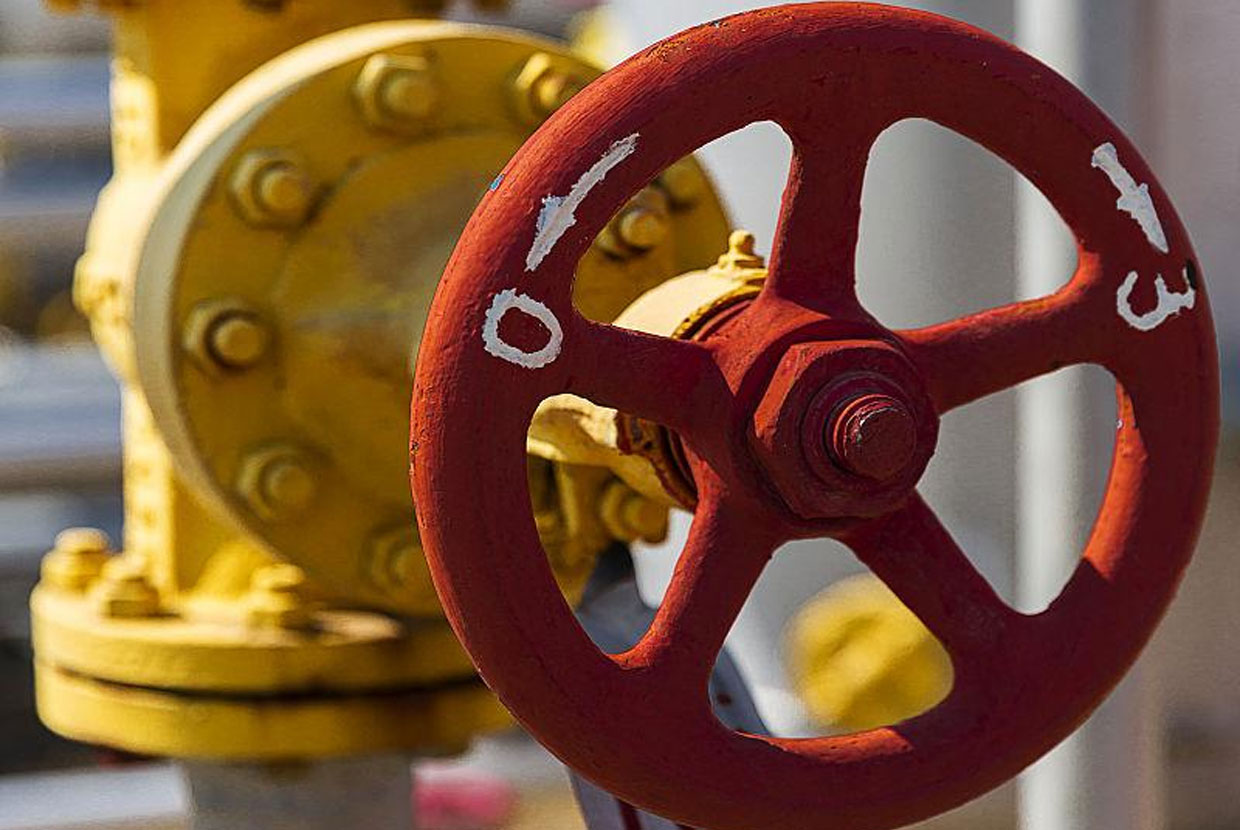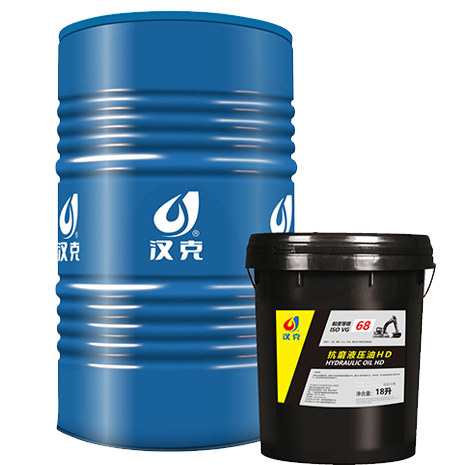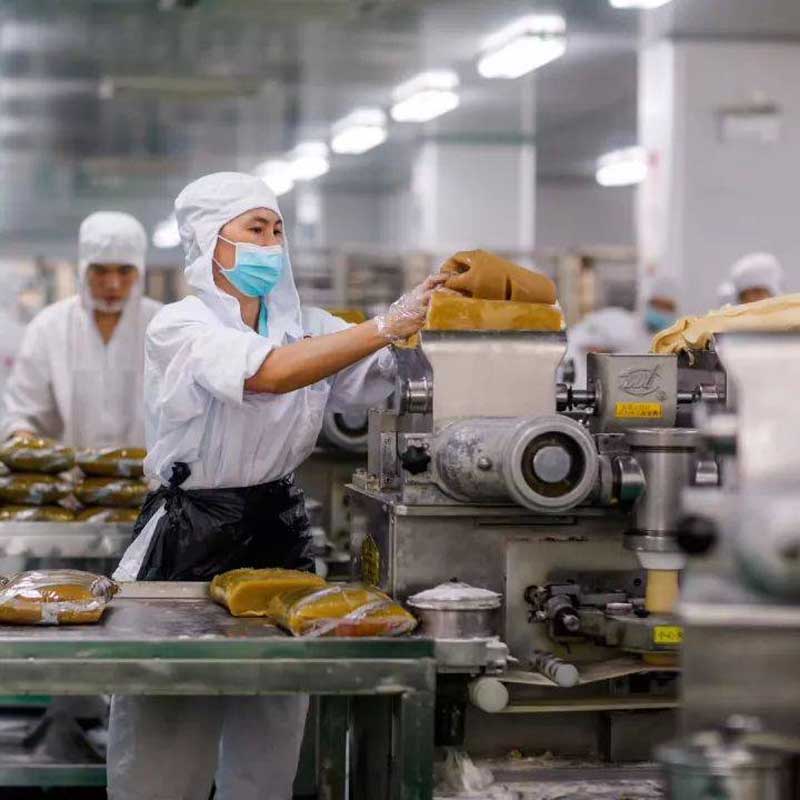Lubricants that support operational safety
In the chemical industry, raw materials undergo chemical reactions to become finished products. The whole industry has a wide range of products, including the production of organic and inorganic chemicals, plastics, synthetic fibers and rubber, and petroleum chemicals.
The process used to complete necessary chemical reactions typically involves extreme temperatures, volatile compounds, active chemicals, and gases, making it difficult to maintain an effectively lubricated environment.
Due to its compatibility with polymers used in seals, O-rings, and valves, as well as its ability to extend equipment life and reduce maintenance costs, Hanke lubricants are used in chemical valves, fans, pumps, motors, centrifuges, reactors, and other components.
High quality Hanke synthetic perfluoropolyether (PFPE) based lubricants:
- Will not self ignite at temperatures up to 482 º C (900 º F) or pressures up to 350 bar
- Safe, non reactive, and non flammable when used with active chemicals
- Maintains lubricity and stable viscosity over a wide temperature range in highly corrosive environments
- Has chemical and biological inertness, and does not contain silicon
- Not affected by acidic or alkaline cleaning agents, disinfectants, steam, moisture, and high temperatures, and will not react under these conditions
- Maintain compatibility with commonly used chemicals in industry
- Free from volatile organic compounds (VOCs) or chlorine
High performance lubricants ensure safety when exposed to active gases
Traditional lubricating grease containing mineral oil and some synthetic oil will react with oxygen or halogens (such as chlorine, fluorine and bromine), resulting in catastrophic accidents. Lubricants that can prevent accidents and ensure safety are required when applied to active gases.
Although there is always the possibility of explosion, fire, lubricant deterioration, and equipment failure, Hank series lubricants can help avoid the following problems:
- Nitrogen blowing is required to maintain incompatible lubricants below the explosion limit
- Expensive and bulky equipment with interlocking devices may malfunction
- Traditional lubricants pose a risk of automatic ignition during oxygen shock
- Lubrication system failures caused by oxidation, chemical corrosion, or solvent erosion
- Flammability and Volatility of Base Oil for Conventional Lubricating Greases
- Bearing failure caused by carbon deposition and coking
- Frequent replenishment of lubricating grease










